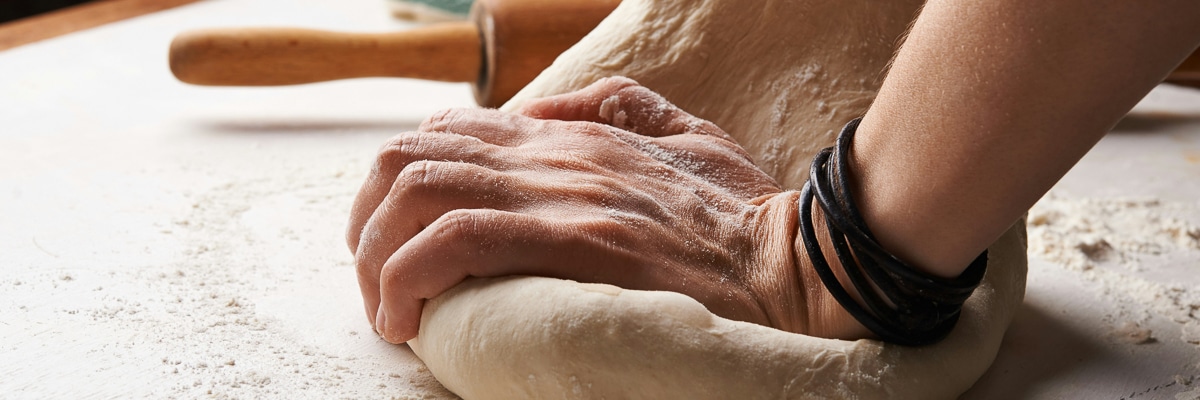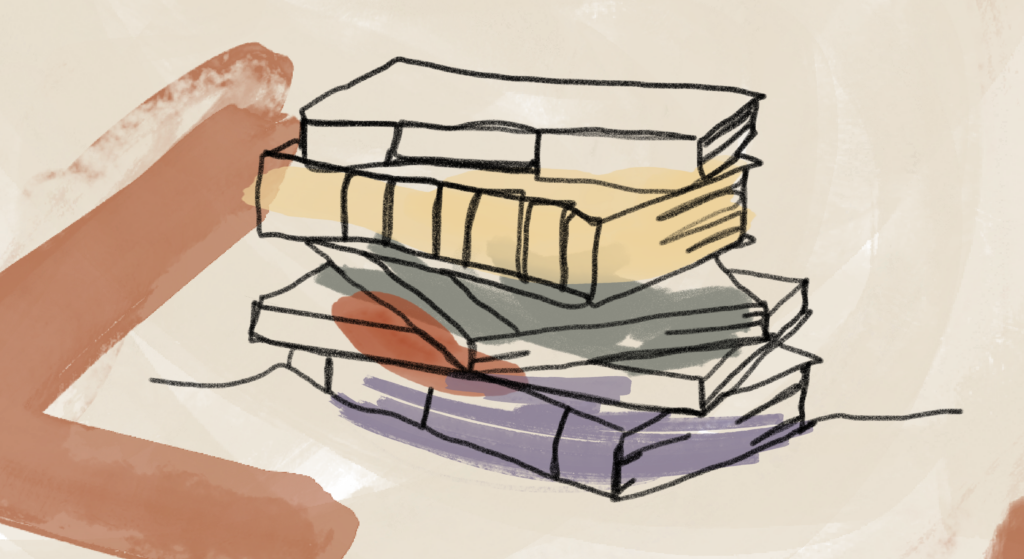
Spiritual teacher Mirabai Starr considers how our imperfect families and relationships are opportunities to practice divine love, acceptance, and compassion:
It’s hard to give up our fantasies of a life where beauty is built in and we don’t have to work at finding it. It’s easy to recognize the presence of the sacred in the saintly hospice chaplain who turns your mother’s deathbed into a temple…. But what about your boring job, your addicted partner, your hometown that feels more like a strip mall than a community? What about your dining room table at dinner time?
One of the things it means to be an ordinary mystic is to bow at the feet of your everyday existence, with its disappointments and dramas, its peaceful mornings and luminous nights, and to honor yourself just as you are…. A mystic finds the magic in the midst of the nitty-gritty, the crusty spaghetti sauce pot in the sink and the crocus poking out of a spring snowfall, the unsigned divorce papers on the kitchen table and the results of your latest blood work on your computer screen.
I know that’s not always easy. I am continually challenged to stop arguing with reality and instead soften into what is. For instance, my students may think I’m wise, but my kids seem to think I’m a dork. I don’t love this disconnect. Like you, maybe, I set myself up with an array of preconceived notions about the kind of family I would like to make, and then beat … myself [up] when things don’t work out the way I envisioned.
Through accepting reality, we find a greater capacity to love what is.
Over time, I learned to let go of my fantasy of the perfect family and to find beauty, meaning, and wholeness in the heart of reality. Unpredictable, ever-changing, humiliating, and humbling reality. I began to take a look at the white supremacy embedded in my liberal self-image, noticing the odor of a white savior complex rising from my resentment that my brown children did not appreciate all I had done for them. Eventually, I even came to love unlovable me, against all odds.
Chances are, if you are a parent, whether adoptive or biological, you too have experienced the collapse of your parenting fantasies. You also have received an open invitation to accept the kids you have and forgive the parent you are, with a degree of humility bordering on humiliation and a dash of humor that can sometimes carry maniacal overtones….
This is the human condition. And at the very center of your own shattered dream, the face of the sacred flashes and glimmers. The holy disaster is a beckoning. Come. Enter the fire of love and let it remake you again and again. To be an ordinary, everyday mystic is to take your rightful place on the throne of what is.
Reference:
Mirabai Starr, Ordinary Mysticism: Your Life as Sacred Ground (HarperOne, 2024), 30–31, 35–36.
Image credit and inspiration: Nadya Spetnitskaya, Untitled (detail), 2018, photo, Unsplash. Click here to enlarge image. Making bread requires the integration of dry and liquid ingredients that must be kneaded and combined. They move from messiness to a cohesive form, just like any kind of integration process.
Story from Our Community:
I grew up in the Lowcountry of South Carolina in the 1950s. After the death of my mother when I was 10, my father remarried an elementary school teacher, Miss Bonnie, who turned out to be an incredible role model for me. When we would clean the house together, we would sing at the top of our lungs because she understood the importance of using your voice. My stepmother had also been raised by adoptive parents—but unlike her—they did not recognize and encourage her gifts. For me, she was a true example of transforming one’s pain into a loving example for others.
—Judith G.




